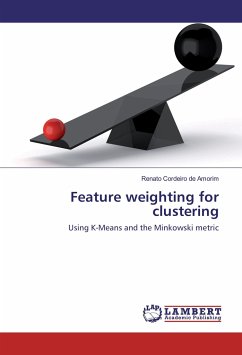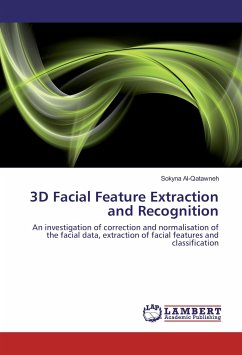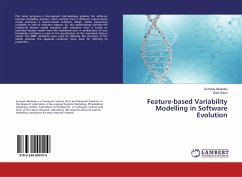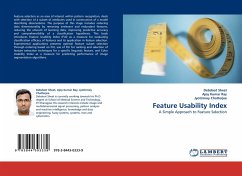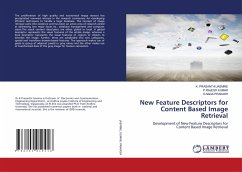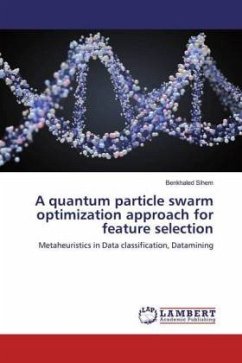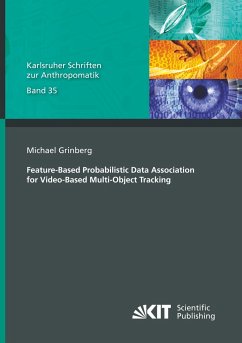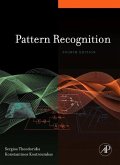K-Means is arguably the most popular clustering algorithm; this is why it is of great interest to tackle its shortcomings. The drawback in the heart of this project is that this algorithm gives the same level of relevance to all the features in a dataset. This can have disastrous consequences when the features are taken from a database just because they are available. To address the issue of unequal relevance of the features we use a three-stage extension of the generic K-Means in which a third step is added to the usual two steps in a K-Means iteration: feature weighting update. We extend the generic K-Means to what we refer to as Minkowski Weighted K-Means method. We apply the developed approaches to problems in distinguishing between different mental tasks over high-dimensional EEG data.
Bitte wählen Sie Ihr Anliegen aus.
Rechnungen
Retourenschein anfordern
Bestellstatus
Storno

